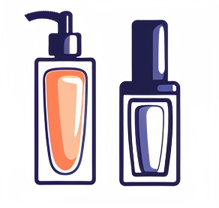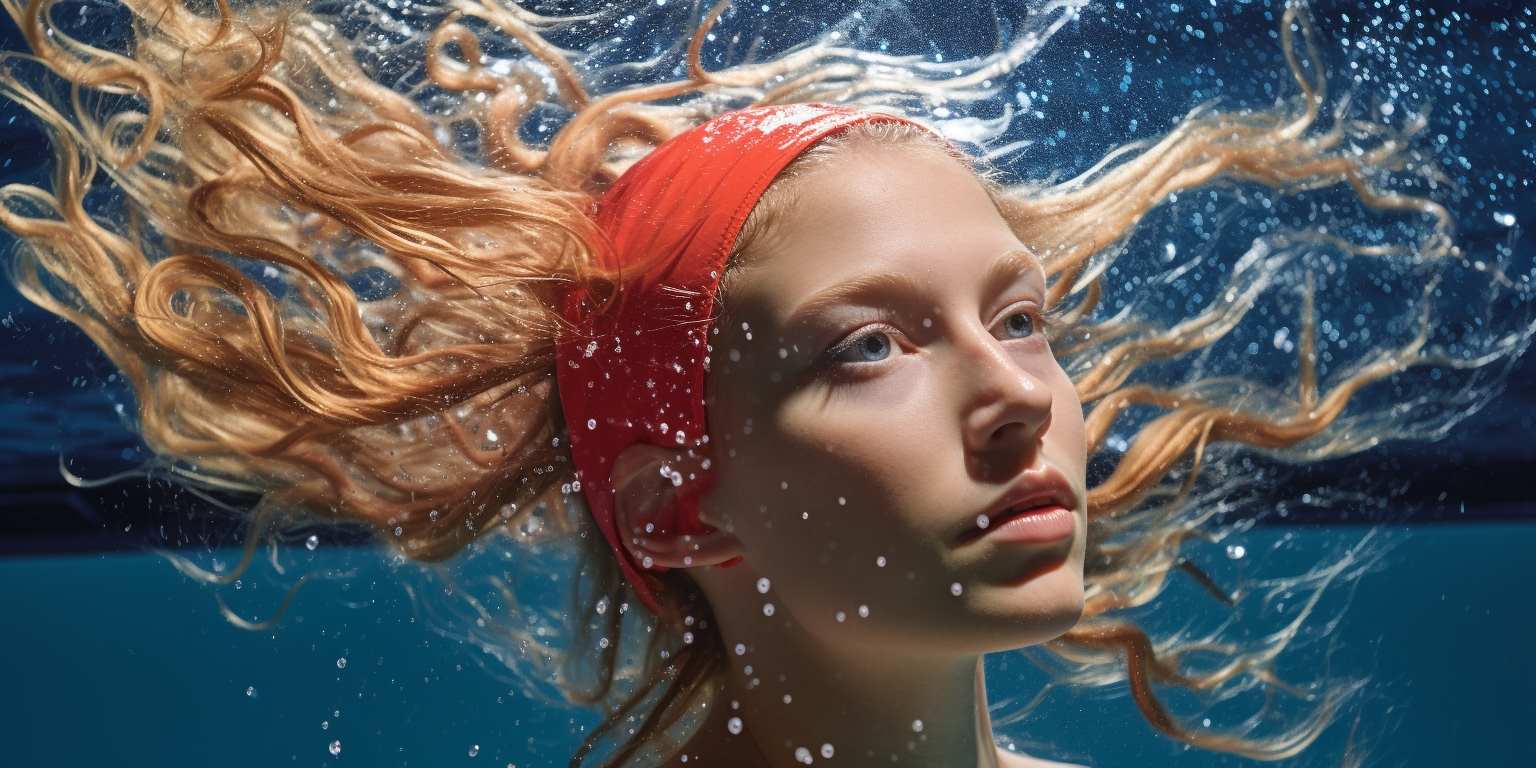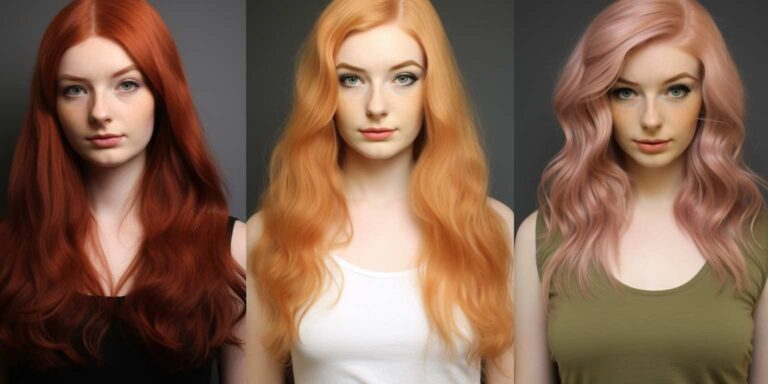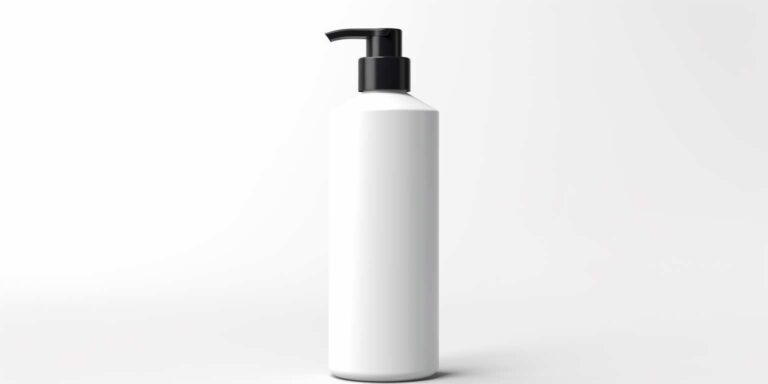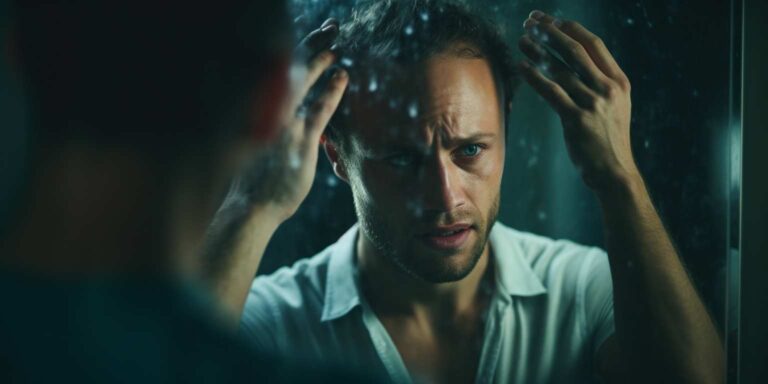How to remove chlorine from hair: the ultimate shampoo guide
First and foremost, when choosing a shampoo for chlorine removal, look for formulas specifically designed for this purpose. These shampoos are formulated to effectively strip away chlorine residue without stripping your hair of its natural oils.
Vitamin C shampoos are a popular choice for removing chlorine. Vitamin C, also known as ascorbic acid, neutralizes chlorine and breaks it down, allowing it to be rinsed away. Look for shampoos enriched with Vitamin C or even DIY options where you can mix Vitamin C powder with your regular shampoo.
Another key ingredient to look for is clarifying agents. These ingredients help to deeply cleanse the hair and scalp, removing stubborn chlorine buildup. Ingredients like sulfates and EDTA (ethylene diamine tetra-acetic acid) are commonly found in clarifying shampoos and can effectively remove chlorine residue.
When using a shampoo for chlorine removal, proper application is crucial. Begin by thoroughly wetting your hair, then apply the shampoo and massage it into your scalp and hair strands, focusing on areas where chlorine buildup is most evident. Allow the shampoo to sit for a few minutes to ensure it effectively removes the chlorine residue.
Rinse your hair thoroughly with lukewarm water to remove the shampoo and chlorine residue. Follow up with a hydrating conditioner to replenish moisture and restore vitality to your locks.
For those with particularly stubborn chlorine buildup, consider using a pre-shampoo treatment or mask specifically designed to remove chlorine. These treatments often contain intensive hydrating ingredients that penetrate deeply into the hair shaft to break down and remove chlorine residue.
It’s important to note that regular use of chlorine-removing shampoos can potentially dry out your hair, so be sure to follow up with a moisturizing conditioner and consider incorporating a weekly deep conditioning treatment into your hair care routine.
Swimmers’ chlorine cleansing shampoo: a dive into deep clean
Swimmers’ chlorine cleansing shampoo is a crucial ally for those who frequent the pool. Whether you’re a dedicated swimmer or enjoy a leisurely dip, the effects of chlorine on your hair can be significant. Chlorine is a powerful chemical used to sanitize pool water, but it can wreak havoc on your locks, leaving them dry, brittle, and discolored.
Enter swimmers’ chlorine cleansing shampoo – a specialized formula designed to deep clean and remove chlorine buildup from hair. Unlike regular shampoos, these products are formulated with ingredients specifically targeted to neutralize chlorine and its damaging effects.
One of the key ingredients found in swimmers’ chlorine cleansing shampoos is vitamin C. This potent antioxidant works to break down chlorine molecules, effectively removing them from the hair shaft. Additionally, vitamin C helps to restore moisture and rebalance the pH levels of the scalp, leaving hair feeling soft and rejuvenated.
Another essential component in these shampoos is clarifying agents. These ingredients work to lift impurities and product buildup from the hair, providing a thorough cleanse. By eliminating residue left behind by chlorine, swimmers’ shampoo helps to prevent dryness and maintain hair’s natural shine.
It’s important to note that while swimmers’ chlorine cleansing shampoos are highly effective, they may also be stripping to the hair due to their deep-cleaning nature. To counteract this, many formulas include conditioning agents such as panthenol and keratin. These ingredients work to hydrate and strengthen the hair, minimizing damage and leaving it feeling silky smooth.
When using a swimmers’ chlorine cleansing shampoo, it’s essential to follow up with a moisturizing conditioner to restore hydration and lock in nutrients. Additionally, incorporating a weekly deep-conditioning treatment can further nourish and repair chlorine-damaged hair.
Pool water hair detox: strategies for effective chlorine removal
So, you’ve taken a refreshing dip in the pool, but now your hair is feeling the aftermath of chlorine exposure. Fear not, as there are effective strategies for a pool water hair detox that can revive your locks and leave them looking luscious once again.
First and foremost, it’s crucial to rinse your hair immediately after swimming. Use fresh, clean water to wash away as much chlorine as possible. This initial step sets the foundation for the subsequent detox methods to work more effectively.
Clarifying shampoos become your best friend in the quest for chlorine removal. These specialized shampoos are designed to eliminate harsh chemicals, including chlorine, from your hair. Look for a clarifying shampoo with ingredients like vitamin C or sodium thiosulfate, as they are known for their effective chlorine-neutralizing properties.
For a DIY approach, consider creating a homemade hair detox mask. Mix a tablespoon of coconut oil with a mashed banana and a teaspoon of honey. Apply this concoction to your hair, let it sit for about 20 minutes, and then rinse thoroughly. The natural ingredients in this mask work wonders in removing chlorine build-up and restoring moisture to your strands.
Another secret weapon in the battle against chlorine-damaged hair is the use of apple cider vinegar. Create a mixture of equal parts water and apple cider vinegar, and use it as a final rinse after shampooing. The acidity of the vinegar helps break down chlorine residue, leaving your hair feeling revitalized.
Protecting your hair before swimming is equally important. Consider wearing a swim cap to minimize chlorine exposure. Additionally, dampening your hair with fresh water before taking a plunge creates a protective barrier, limiting the absorption of chlorine.
It’s essential to note that hydration is key in maintaining healthy hair. Drinking an adequate amount of water not only benefits your overall well-being but also contributes to the health of your hair, making it less susceptible to damage from chlorine exposure.
For those with color-treated hair, the impact of chlorine can be even more pronounced. To preserve your hair color, use a UV-protective hair spray before swimming. This extra layer of defense helps shield your hair from the harmful effects of both chlorine and UV rays.
The science behind chlorine buildup and hair damage
Chlorine is a common chemical found in swimming pools and treated water supplies. While it serves as an effective disinfectant, prolonged exposure to chlorine can wreak havoc on your hair, leading to damage and discoloration.
Chlorine buildup occurs when this chemical bonds to the protein in your hair shaft, causing it to become dry, brittle, and prone to breakage. The process begins when you immerse your hair in chlorinated water, allowing the chlorine molecules to penetrate the hair cuticle.
Once inside the hair shaft, chlorine molecules react with the natural oils and proteins present, disrupting the structure of the hair. This disruption weakens the bonds that hold the hair together, making it more susceptible to damage from external factors such as heat styling and environmental pollutants.
Furthermore, chlorine buildup can also lead to a variety of cosmetic issues, including discoloration, dullness, and a greenish tint. This discoloration occurs when chlorine oxidizes the melanin pigment in the hair, resulting in a lighter or greenish hue.
To mitigate the effects of chlorine buildup, it’s essential to take proactive measures to protect your hair before and after swimming. One effective method is to saturate your hair with clean water or apply a protective conditioner before entering the pool. This creates a barrier that prevents chlorine from penetrating the hair shaft.
Rinsing your hair immediately after swimming is also crucial to remove any chlorine residue that may have accumulated. Using a clarifying shampoo once or twice a week can help to effectively remove chlorine buildup and restore the natural balance of your hair.
Moisturizing treatments and deep conditioning masks can further nourish and strengthen the hair, replenishing lost moisture and repairing damage caused by chlorine exposure. Look for products containing ingredients such as coconut oil, shea butter, and keratin to provide intensive hydration and repair.
Tips for protecting your hair against pool chemicals
When diving into the refreshing waters of a pool, the last thing on your mind might be the impact of chlorine and other chemicals on your luscious locks. However, prolonged exposure to these pool chemicals can wreak havoc on your hair, leaving it dry, brittle, and prone to breakage. But fear not, for there are effective ways to protect your mane from the harmful effects of pool chemicals.
Pre-Swim Preparation: Before taking the plunge, consider applying a protective barrier to your hair. Wetting your hair with fresh water before swimming can help minimize the absorption of pool chemicals. Additionally, consider applying a leave-in conditioner or oil to create a protective barrier against chlorine.
Wear a Swim Cap: While it may not be the most fashionable accessory, wearing a swim cap is one of the most effective ways to shield your hair from pool chemicals. Look for a silicone or latex cap that fits snugly over your head to prevent water from seeping in.
Rinse Immediately: After your swim, it’s crucial to rinse your hair thoroughly with fresh water as soon as possible. This helps remove any lingering pool chemicals before they have a chance to do further damage. Consider using a clarifying shampoo to deep-cleanse your hair and scalp.
Condition and Moisturize: Replenish moisture lost during swimming by using a hydrating conditioner or hair mask. Look for products containing ingredients like coconut oil, shea butter, or argan oil to nourish and repair damaged hair.
Avoid Heat Styling: Exposing already damaged hair to heat styling tools can exacerbate the problem. Instead, opt for air-drying or gentle towel-drying methods to minimize further stress on your hair.
Protective Hairstyles: Consider styling your hair in protective hairstyles such as braids, buns, or twists to minimize exposure to environmental factors like sun and wind, which can further dry out your hair.
Regular Trims: Schedule regular trims to get rid of split ends and prevent further damage from spreading up the hair shaft. Keeping your hair healthy and free from damage is key to maintaining its strength and vitality.
Stay Hydrated: Hydrate your body from the inside out by drinking plenty of water. Staying hydrated helps maintain the overall health of your hair, making it more resilient to external stressors like pool chemicals.
After-swim hair care: restoring health and shine
After a refreshing swim, your hair may need some extra TLC to restore its health and shine. Exposing your locks to chlorinated pool water or saltwater can leave them feeling dry, brittle, and lacking luster. However, with proper after-swim hair care, you can rejuvenate your strands and maintain their vitality.
One of the first steps in post-swim hair care is rinsing your hair thoroughly with fresh water. This helps to remove any lingering chlorine, salt, or other chemicals from the pool or ocean. Be sure to use lukewarm water, as hot water can further strip your hair of its natural oils, leading to increased dryness.
Deep conditioning is essential for replenishing moisture and nourishing your hair after swimming. Opt for a hydrating hair mask or conditioner that contains ingredients such as coconut oil, argan oil, or shea butter to restore softness and shine. Apply the conditioner generously from mid-length to ends, focusing on the most damaged areas, and leave it on for at least 5-10 minutes before rinsing.
To further lock in moisture, consider using a leave-in conditioner or hair serum after washing and conditioning your hair. These products provide an extra layer of hydration and protection, helping to prevent breakage and split ends. Look for formulas enriched with vitamins E and B5 to promote healthy hair growth and repair.
For those with color-treated hair, it’s especially important to invest in a UV-protectant spray or leave-in conditioner to shield your locks from sun damage. Chlorine and sunlight can both cause color fading and dryness, so incorporating a UV-protective product into your after-swim hair care routine can help preserve your vibrant hue.
In addition to conditioning treatments, gentle detangling is key for preventing knots and minimizing damage. Use a wide-tooth comb or detangling brush to gently remove any tangles, starting from the ends and working your way up to the roots. Avoid pulling or tugging on wet hair, as it’s more prone to breakage.
Protective hairstyles can also help shield your hair from further damage while it recovers from swimming. Consider styling your hair in a loose bun, braid, or ponytail to keep it contained and minimize exposure to environmental stressors. Avoid tight hairstyles or elastic bands that can cause tension and breakage.
Natural remedies vs. commercial shampoos for chlorine removal
When it comes to removing chlorine from your hair, you might find yourself torn between commercial shampoos and natural remedies. Both options have their merits, but which one is truly the best for your hair?
Let’s dive into the debate and explore the pros and cons of each.
| Commercial Shampoos | Natural Remedies |
|---|---|
| Often formulated specifically for chlorine removal. | May require a bit more experimentation to find the right combination for effective chlorine removal. |
| Contain ingredients like sulfates and surfactants that effectively strip chlorine from the hair. | Utilize ingredients such as vinegar, baking soda, or lemon juice to neutralize and rinse away chlorine. |
| Convenient and readily available at most stores. | Require more preparation and may not be as readily available as commercial shampoos. |
| Can be harsh on the hair and scalp, especially if used frequently. | Gentler on the hair and scalp, making them a preferred option for those with sensitive skin or scalp conditions. |
So, which option should you choose?
If you’re looking for convenience and immediate results, commercial shampoos may be the way to go. They’re designed specifically for chlorine removal and can effectively cleanse your hair after swimming.
On the other hand, if you prefer a more natural approach and want to avoid harsh chemicals, natural remedies might be worth exploring. While they may require a bit more effort and experimentation, they can be gentler on your hair and scalp in the long run.
